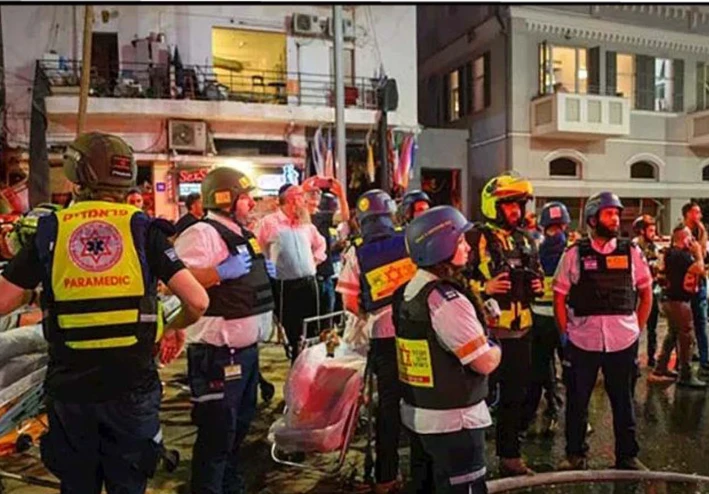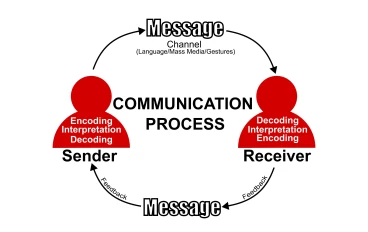
حرب إيران وإسرائيل: تصعيد غير مسبوق يهدد استقرار الشرق الأوسط
Iran-Israel War: Unprecedented Escalation Threatens Middle East Stability
Background of the Conflict
The Iran-Israel rivalry is rooted in decades of political and military tensions. Israel accuses Iran of seeking nuclear weapons and destabilizing the region by supporting armed groups like Hezbollah in Lebanon, and Hamas and Islamic Jihad in Gaza. Iran, on the other hand, views Israel as an occupying force and a threat to regional peace due to its repeated military operations in Syria and Lebanon.
The Latest Flashpoint
The most recent escalation began when Israel launched a series of airstrikes targeting Iranian positions in Syria. In response, Iran and allied militias fired ballistic missiles and drones at Israeli cities, resulting in civilian casualties in areas including Tel Aviv and southern Israel.
Israel retaliated with extensive air raids deep inside Iran, striking missile factories and military infrastructure. These strikes marked a dangerous shift and prompted Iran to declare a state of maximum alert.
International Reactions
The United Nations expressed "grave concern" and urged both sides to show restraint. The United States reaffirmed its commitment to Israel's security while calling for de-escalation to prevent a full-scale war. Russia and China, meanwhile, pushed for independent investigations and encouraged direct dialogue between Tehran and Tel Aviv.
Humanitarian and Economic Impact
Beyond the military dimension, the conflict is causing a humanitarian disaster. Southern Lebanon and Gaza are particularly affected, with thousands of civilians displaced and facing critical shortages of food, medicine, and basic services due to widespread infrastructure damage.
On the economic front, the war has pushed global oil and gas prices higher, shaken investor confidence, and led to sharp declines in Middle Eastern stock markets. Key trade routes, including the vital Strait of Hormuz, are also at risk.
?Is a Full-Scale War Imminent
Analysts warn that the situation is on a knife's edge. Both sides are ramping up their military readiness, and without urgent diplomatic intervention, the conflict could spiral into a broader regional war involving Gulf countries, Syria, Lebanon, and potentially global powers like the U.S.
Conclusion
The Iran-Israel conflict is more than a bilateral dispute—it reflects a deeper power struggle over influence and control in the Middle East. What’s needed now is immediate international mediation to prevent further bloodshed. War is not inevitable, but continued escalation may soon leave the world with no other choice.






























